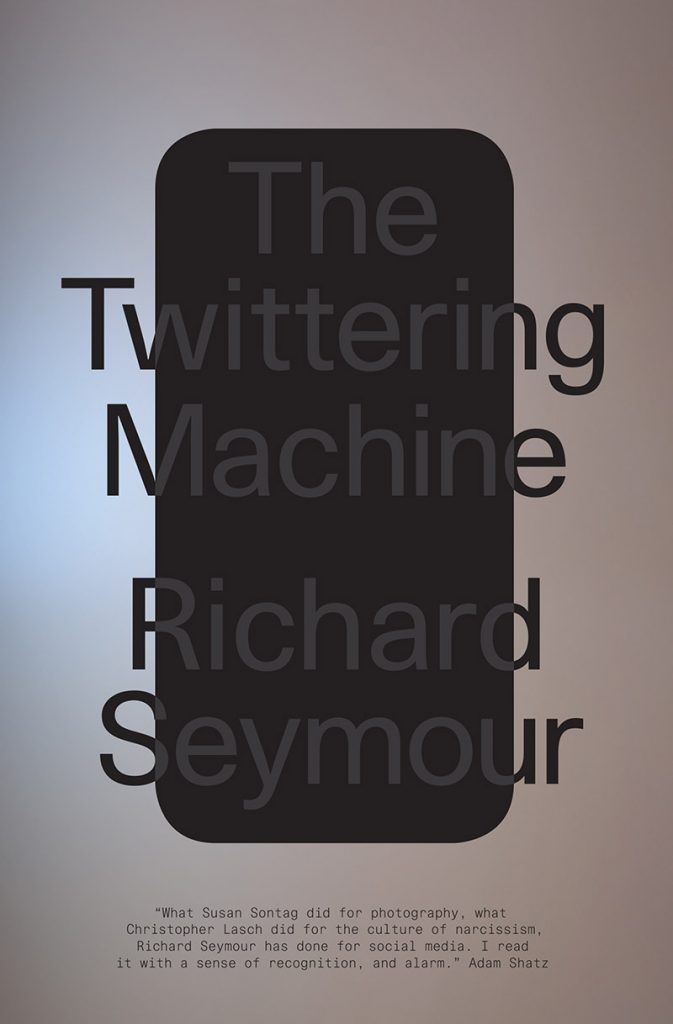Welcome to the Reading Roundup, a forum for ATX DSA members to share what they’ve been reading and how it’s informing their political education.
On the Line: A Story of Class, Solidarity, and Two Women’s Epic Fight to Build a Union
by Daisy Pitkin

In 2003, 25-year-old college graduate Daisy Pitkin was hired by UNITE to organize the Spanish-speaking workers of a Sodexho industrial laundry in Phoenix. Her new book recounts the campaign in all the sharp, fluorescent-lit detail of wall charts, folding chairs, and court depositions. The marathon course and quotidian tasks of the union drive alone would make for a worthy read, but as Pitkin’s memoir unfurls, On the Line metamorphosizes into something greater.
Writing to and centering her relationship with Alma, a tireless worker-organizer, Pitkin spans out toward, on one hand, a conceit drawn from dreaming of and obsessing over moths and, on the other, a myth-shattering history of the garment labor movement. Everywhere she looks, Pitkin finds difficult questions. What does the word “we” really mean, spoken between a union staffer and a worker they are meant to represent? Why do gender, race, and class confound relationships within unions as surely as they do everywhere else? Are there guardrails between determination, sacrifice, and self-destruction? And, as Alma asks, what drives some people to fight while others don’t, or won’t, or can’t?
As the struggle to win recognition at the laundry collides with labor law, union politics, and the fragility of relationship, Pitkin only probes deeper into those questions. Her story and Alma’s are saturated in heartbreak and offer no easy answers, yet the two keep finding their way back to the fire, to something more than just anger keeping it lit–something like the difference between taking power and building power.
—Mike C.
Capital, Volume I
by Karl Marx

It is probably the most “New DSA” thing ever to review and recommend reading the first volume of Marx’s Capital after only reading about 20% of it (so far). But that is what I am doing because 1) if I can get through the first three chapters and keep going, I know you can, and 2) if I had to read the first three chapters then you should have to as well. That’s just basic solidarity.
Note: Grab David Harvey’s A Companion to Marx’s Capital and you will understand my low-star review of the readability of the first three chapters.
On a more serious note, an old high school friend of mine, now in another chapter, reached out to me this winter and asked if I wanted to read Capital together. I was hesitant. I don’t tend to read 19th Century philosophy, and so I didn’t want to read Marx alone and end up running everything through this text as if it were a Bible and not a set of earthly arguments from a brilliant mind who nonetheless had no access to how the 20th Century ultimately proceeded, let alone the first quarter of the 21st.
But my friend helped me push that aside. He said Capital can be read as a generative text, a text that gets you thinking about causes and effects and possibilities. And that one bit of encouragement has been very valuable when the text becomes challenging. This is one of the first books to look into the dark corners of capitalism, to sense how it mystifies us and our political and other leaders alike. And it was hardly the last.
Spending some time with the brilliant mind of Marx can only enrich your powers of observation—though we must always remember that this old text certainly cannot fully substitute for those powers—and I am already happy that I finally started to read Capital.
So I recommend it, and I will definitely finish it. I can’t put it down now.
—Michael G.
We Won’t Pay! We Won’t Pay! And Other Plays
By Dario Fo

Vital artist of the modern Italian left, Dario Fo has arguably created the most excellent and funniest plays for the stage of our movement. You can’t go wrong with any of his work, but this is a good start.
Four plays are included, but you are launched out of the gate with “We Won’t Pay! We Won’t Pay” (sometimes presented in English as “Can’t Pay, Won’t Pay”). It tells the story of Antonia, one of a group of working-class housewives who upon finding higher prices at the market, refuse to pay them. They either pay a reasonable price or simply take what they need for their families. Antonia initially tries to hide the source of the goods from her friend, Margherita, and factory worker husband, Giovanni. As the police comb the neighborhood for the women from the market, it becomes necessary to hide the goods entirely. In Fo fashion, the absurdity spirals out of control as men get pregnant, women birth cabbages, and a series of police officers traipse in who look the same but claim to be different people.
Not long after the play came out in Italy, a group of actual Italian women were inspired to follow the example in the play. During their trial, the state tried to implicate Fo who was hated by the Italian state and Vatican alike for his merciless political ridicule.
Fo was also not appreciated by the Italian Communist Party for ridiculing their authoritarianism and bureaucracy. This didn’t stop the US government from refusing him and his editor (and wife) Franca Rama entry for being communists. But he got the last laugh, winning the Nobel Prize and inspiring the Swedish committee to remark that Fo “emulates the jesters of the Middle Ages in scourging authority and upholding the dignity of the downtrodden.”
—Joshua F.
The Twittering Machine
By Richard Seymour

I have a tendency to ignore conversations about how bad social media is because I feel overwhelmed and powerless and I know I’m probably going to log on anyway. Nonetheless, I was inspired to read Richard Seymour’s book The Twittering Machine because Liz from TrueAnon said it was good. It’s dark and disturbing—indeed, he calls it a horror story—and it skillfully connects the seemingly minor, albeit soul-sucking, interactions on these platforms, to larger interpersonal abuses like the actions of trolls and online mobs, to even larger global and political conflicts.
These websites are developed on the psychological principles of addiction, in environments “deeply committed to competition, hierarchy, and social status.” They hook us and don’t let us have any say in how they’re run. For example, it’s interesting to look back on how most Twitter users opposed the switch from sequential feed to algorithmic feed but Twitter owners chose to follow addiction-driven metrics, answering not to what people said they wanted but how those people behaved. These sites direct our rage at one another and profit from it, and they overwhelm us with such a glut of information that it becomes difficult to pick out what’s meaningful. There is fascist potential in this, Seymour says.
“We are not voters on the platforms; we are not even customers. We are the unpaid producers of raw material,” he explains. “Every time we fill in a Captcha, where we are asked to transcribe some letters and numbers to ‘prove we are human’ and get access to our emails, we may be helping a commercial firm digitize an archive. In the emerging world, free labour is extracted from customers under the guise of ‘participation’ and ‘feedback.'” We hand over all of our information, which has turned out to be quite valuable, to private corporations who profit from it and then use it to manipulate us: what we read, what we buy, even how we move through urban space.
The rich offload the management of their social media accounts onto their employees, and TED talks tell us why we should quit it, but rarely is there an examination of what ill the social media drug is a fix for. “Social media abstinence is not an affliction of the poor, but the cultural distinction of the affluent,” Seymour writes. He quotes writer Francis Spufford, “No addiction is ever explained by examining the drug. The drug didn’t cause the need.” According to Seymour, “The business model of the platforms presupposes not just the average share of individual misery but a society reliably in crisis.”
On the topic of “fake news,” Seymour pushes back against former Washington Post Executive Editor Martin Baron’s much-shared (and in my mind very naive) quote, “If you have a society where people can’t agree on basic facts, how do you have a functioning democracy?” “Disagreement about ‘basic facts’ is a condition of a functioning democracy,” Seymour says. “A fact is just a measurement, and there is always some legitimate disagreement over the relevance of the measurement, the tools used to make it, the authority of the people doing the measuring, and so on. There are no facts without values, so only in a police state can there be a factual consensus.”
Fans of Jon Ronson’s So You’ve Been Publicly Shamed (which is referenced multiple times in the book) might enjoy this exploration. It made me want to drive west, far out of cell reception, but it forced me to look at something immense and ugly and understand it a little better. In its more hopeful moments, Seymour’s writing is poetic and inspiring.
—Phoebe W.
Interested in making a contribution to next month’s Reading Roundup? Send a 250-word blurb to redfault@austindsa.org!

